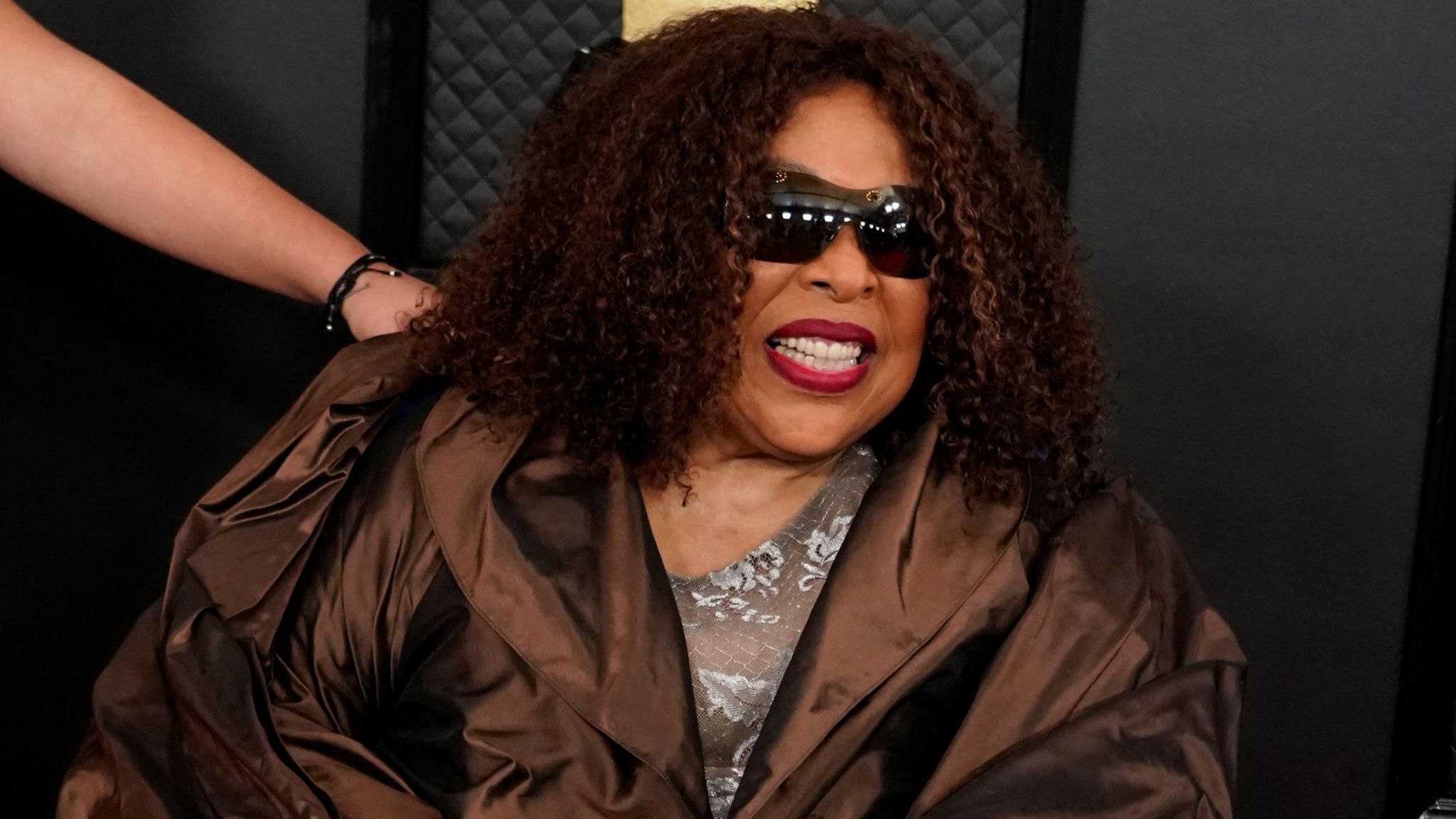(ThyBlackMan.com) Roberta Flack was more than a singer—she was a storyteller, an innovator, and a master of emotional connection through music. Her voice, smooth yet commanding, had the rare ability to captivate without overpowering. In an industry that often rewarded volume over nuance, she stood apart, proving that the softest notes could carry the deepest emotions. Flack’s legacy is not only defined by the numerous awards and accolades she received but by the way her music touched hearts and transcended generations.
Flack’s career began not in the smoky clubs of New York or the bustling jazz scenes of Chicago but in the world of classical music. Born in Black Mountain, North Carolina, and raised in Arlington, Virginia, she was a musical prodigy who earned a scholarship to Howard University at the age of 15. While her early ambition was to become a concert pianist, the industry’s rigid barriers for Black musicians forced her to pivot. Instead of allowing the limitations of the classical world to silence her, Flack redefined what it meant to be a vocalist, blending classical technique with jazz, soul, and folk influences to create something entirely unique.

Her big break came in the late 1960s when jazz musician Les McCann discovered her performing in a Washington, D.C. nightclub. Impressed by her talent, he helped secure her a record deal with Atlantic Records, setting the stage for a career that would change the course of music history. Flack’s debut album, First Take (1969), was not an immediate commercial success, but it would eventually catapult her to fame thanks to a fateful moment in Hollywood. When Clint Eastwood handpicked The First Time Ever I Saw Your Face for the soundtrack of his 1971 film Play Misty for Me, the song became an instant phenomenon. Its ethereal beauty and Flack’s measured delivery turned it into a number-one hit and earned her a Grammy for Record of the Year.
That song alone would have been enough to cement her place in history, but Flack was only getting started. In 1973, she released Killing Me Softly With His Song, an emotionally raw ballad that seemed to suspend time with every note. The song became a global sensation, winning Flack another Grammy for Record of the Year, making her the first artist in history to win the award in consecutive years. Decades later, its influence remained undeniable, as Lauryn Hill and the Fugees reimagined it for a new generation in the 1990s.
What made Flack’s music so enduring was its ability to create intimacy. She didn’t just sing—she communicated. Unlike many soul artists of the time who leaned into gospel-infused power, Flack mastered restraint. She allowed her songs to breathe, crafting quiet storms of emotion that resonated on a deeply personal level. Her voice had a way of making listeners feel as if she was singing directly to them, a quality that few artists have ever possessed.
A key part of her artistry was collaboration, and no partnership was more significant than her work with Donny Hathaway. Their duets, including Where Is the Love and The Closer I Get to You, set the standard for musical chemistry. Their voices, effortlessly entwined, created some of the most beloved love songs of the 1970s. Yet, their partnership was marked by tragedy, as Hathaway’s battle with mental illness ended in his untimely death in 1979. His loss was devastating for Flack, who carried his memory with her throughout her career.
Beyond love songs and heartbreak ballads, Flack used her voice to address social issues. She tackled racism, economic injustice, and inequality with songs like Compared to What and Tryin’ Times, proving that she was not only a singer of romance but also an artist of conscience. Unlike many entertainers who distanced themselves from political issues, Flack embraced her role as a voice for change.
Her impact on music extended far beyond her own recordings. She broke barriers in a male-dominated industry, producing her own albums at a time when few women had such creative control. Under the pseudonym Rubina Flake, she took the reins of her sound, ensuring that her artistic vision remained intact. Her influence can be heard in the work of countless artists, from Alicia Keys to Adele, and in every musician who understands that power can exist in softness.
In 2020, the Recording Academy honored her with a Grammy Lifetime Achievement Award, a fitting tribute to a career that spanned more than five decades. Even as the industry evolved and new generations of artists emerged, Flack’s music remained timeless.
Her final years were marked by health struggles, and in 2022, she was diagnosed with ALS, which took away her ability to sing. It was a cruel twist of fate for someone whose voice had been the centerpiece of her life’s work, yet she faced it with the same quiet dignity that defined her career. “Music is my life,” she once said. “And it will always be.”
Roberta Flack’s passing marks the end of an extraordinary chapter in music history, but her voice will never be silenced. Her songs continue to play in moments of love, loss, and reflection, reminding us that true artistry is timeless. She did not chase trends or conform to expectations—she simply created beauty, and in doing so, she left behind a legacy that will echo for generations to come.

















Leave a Reply